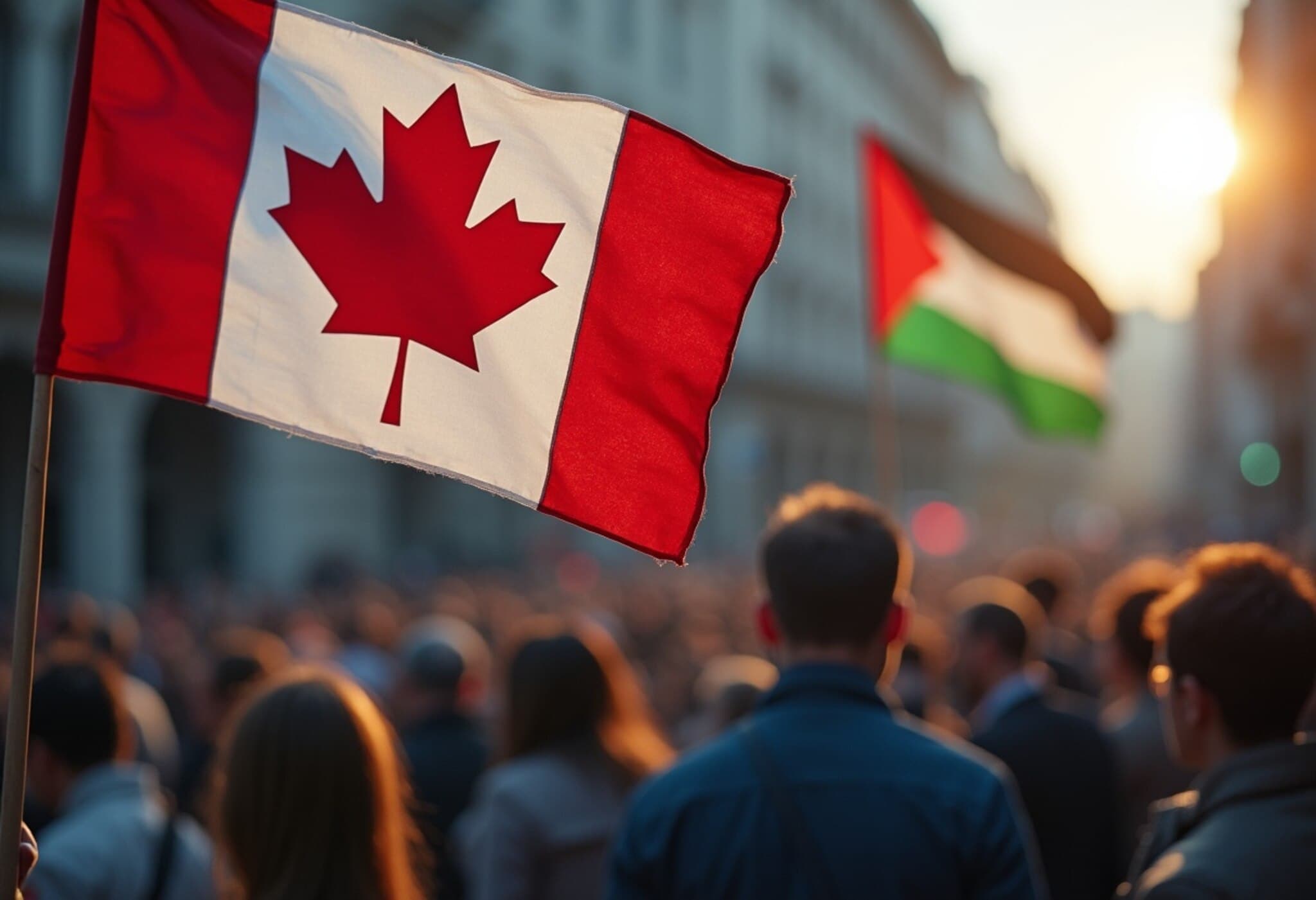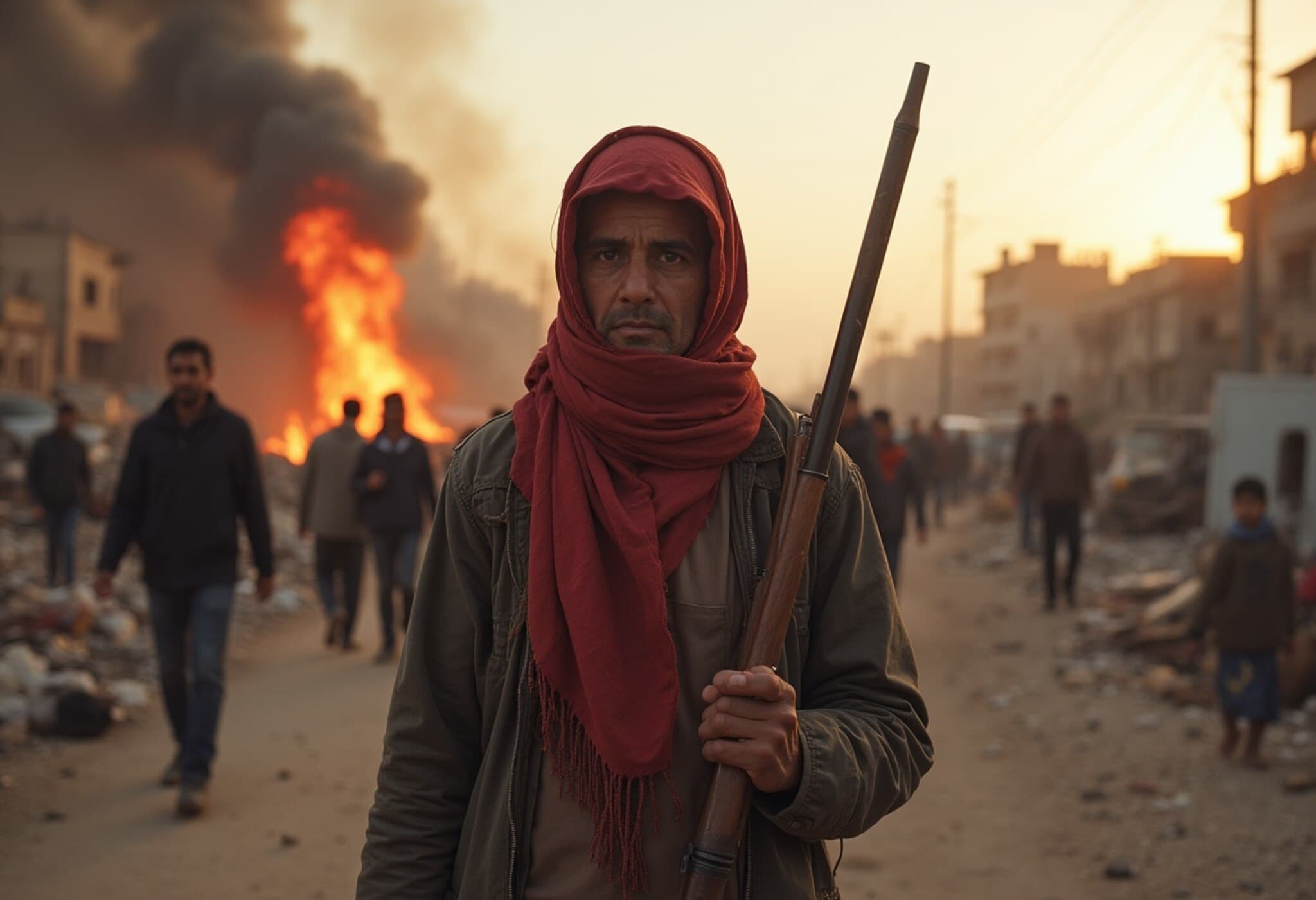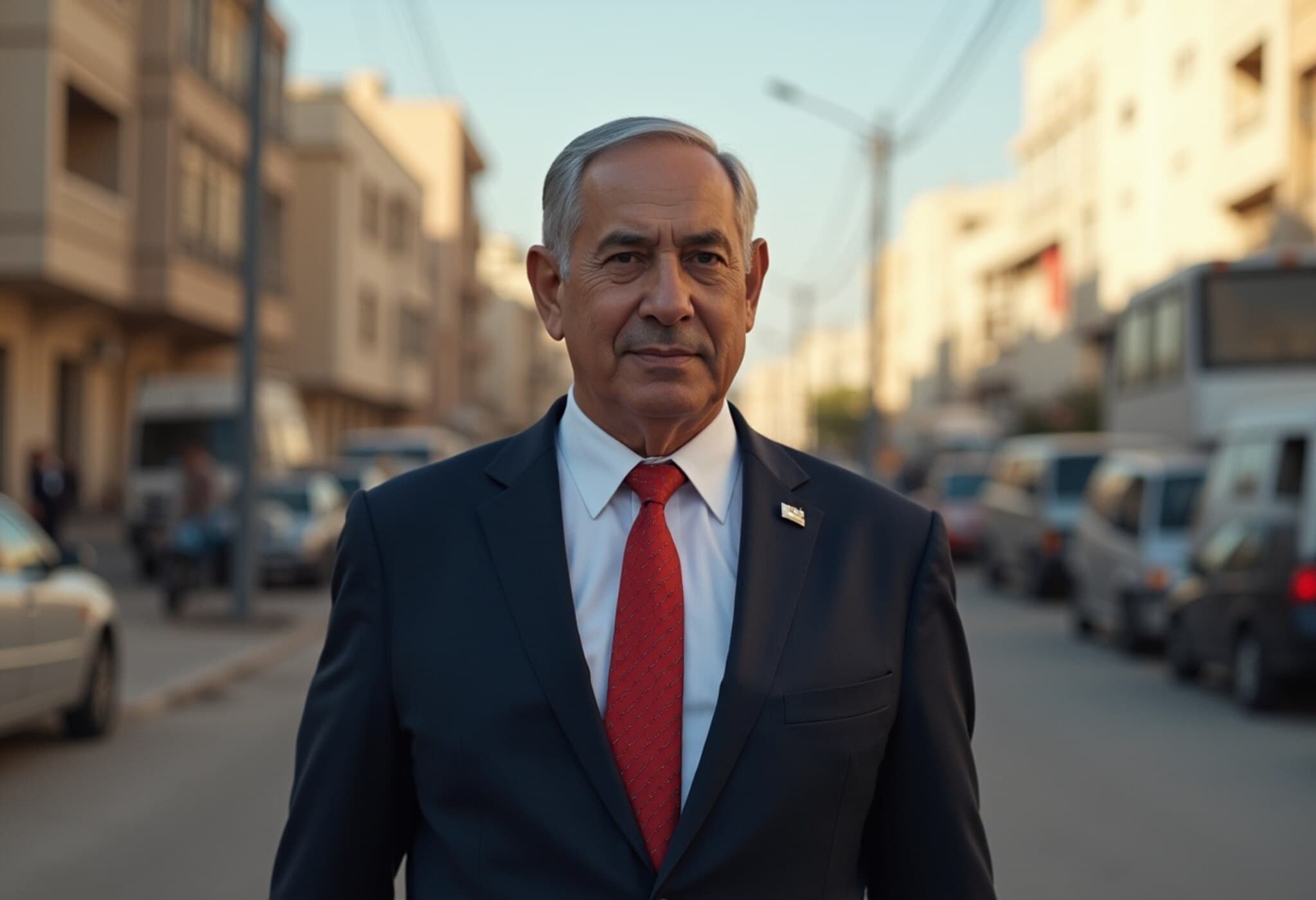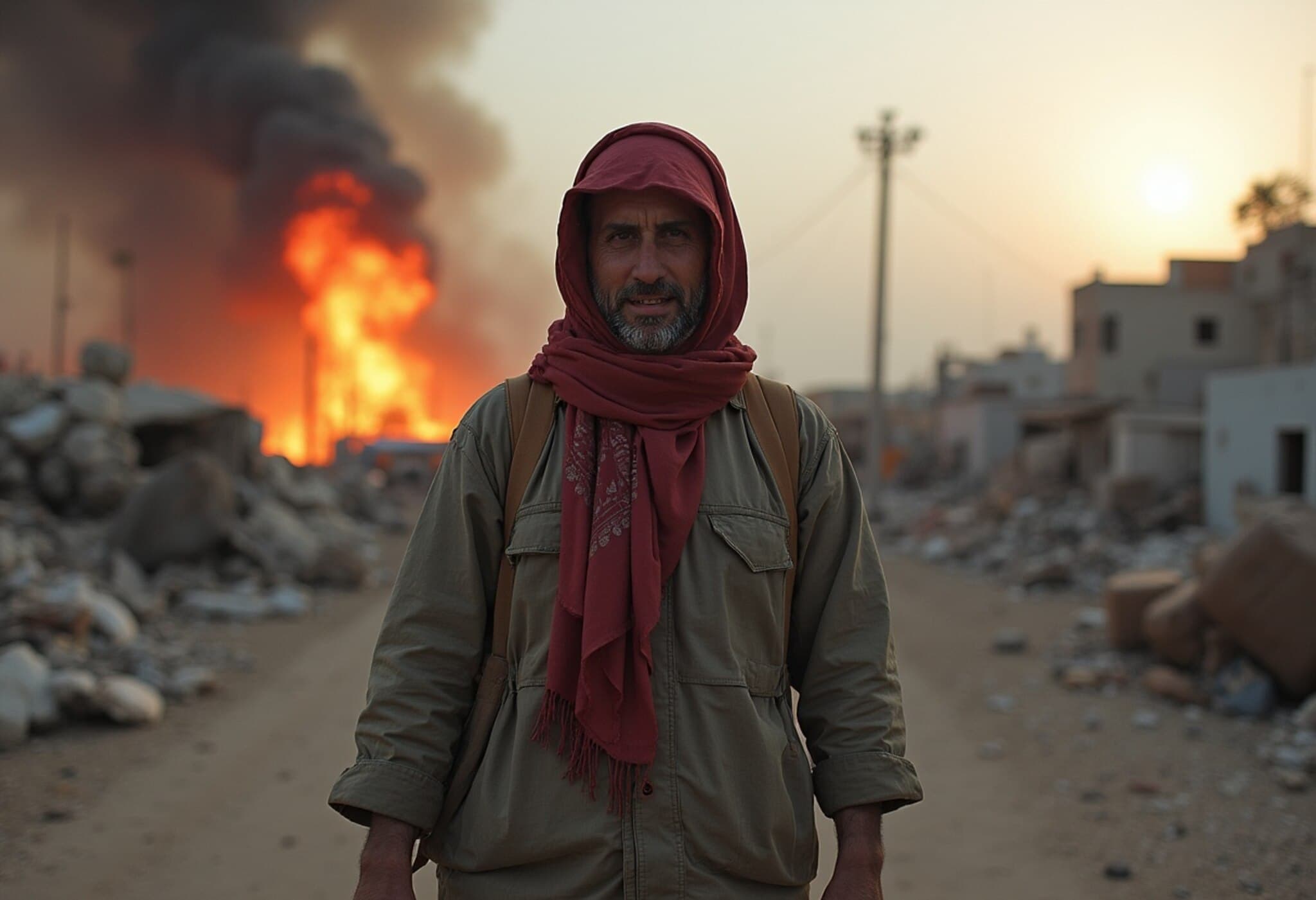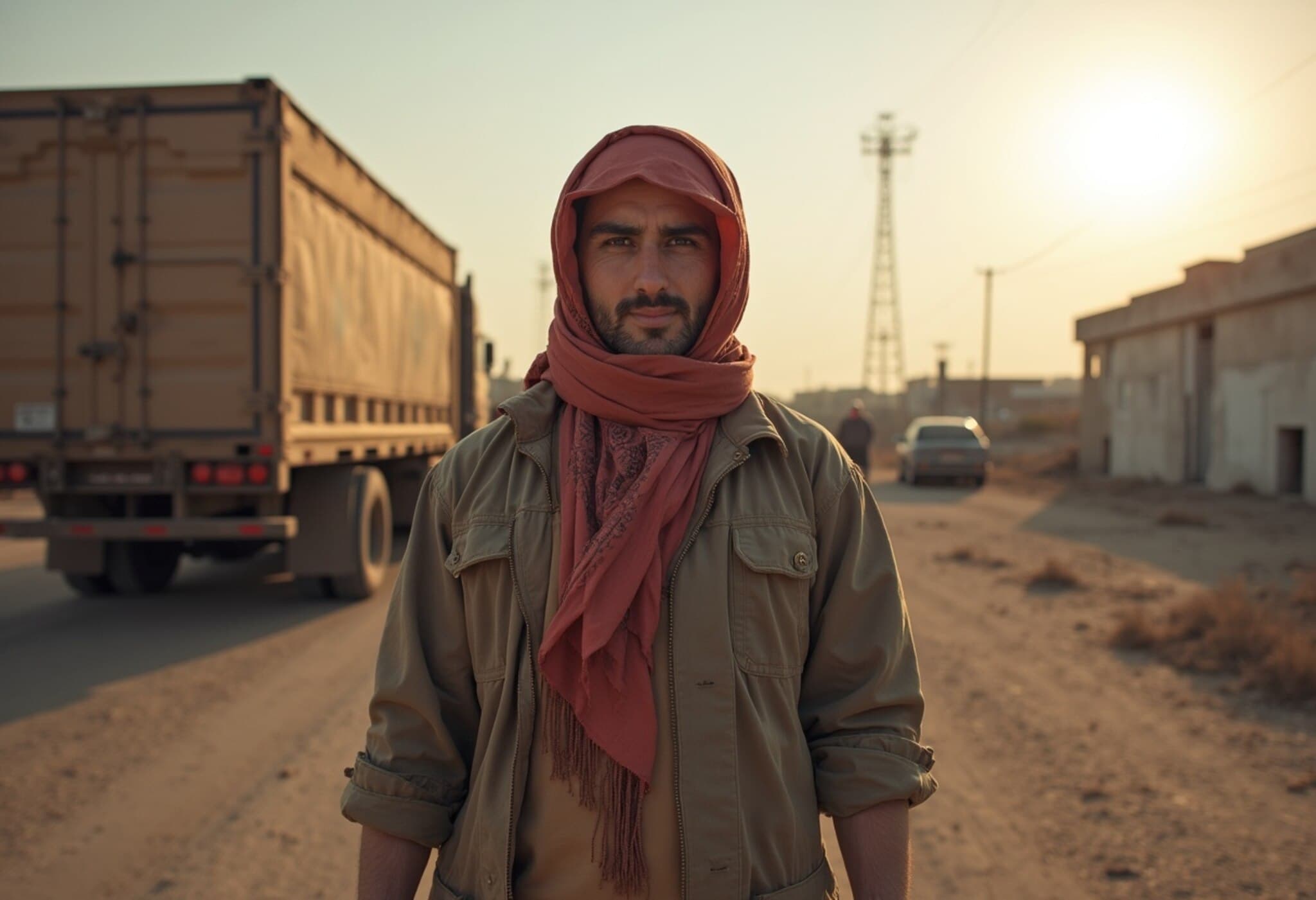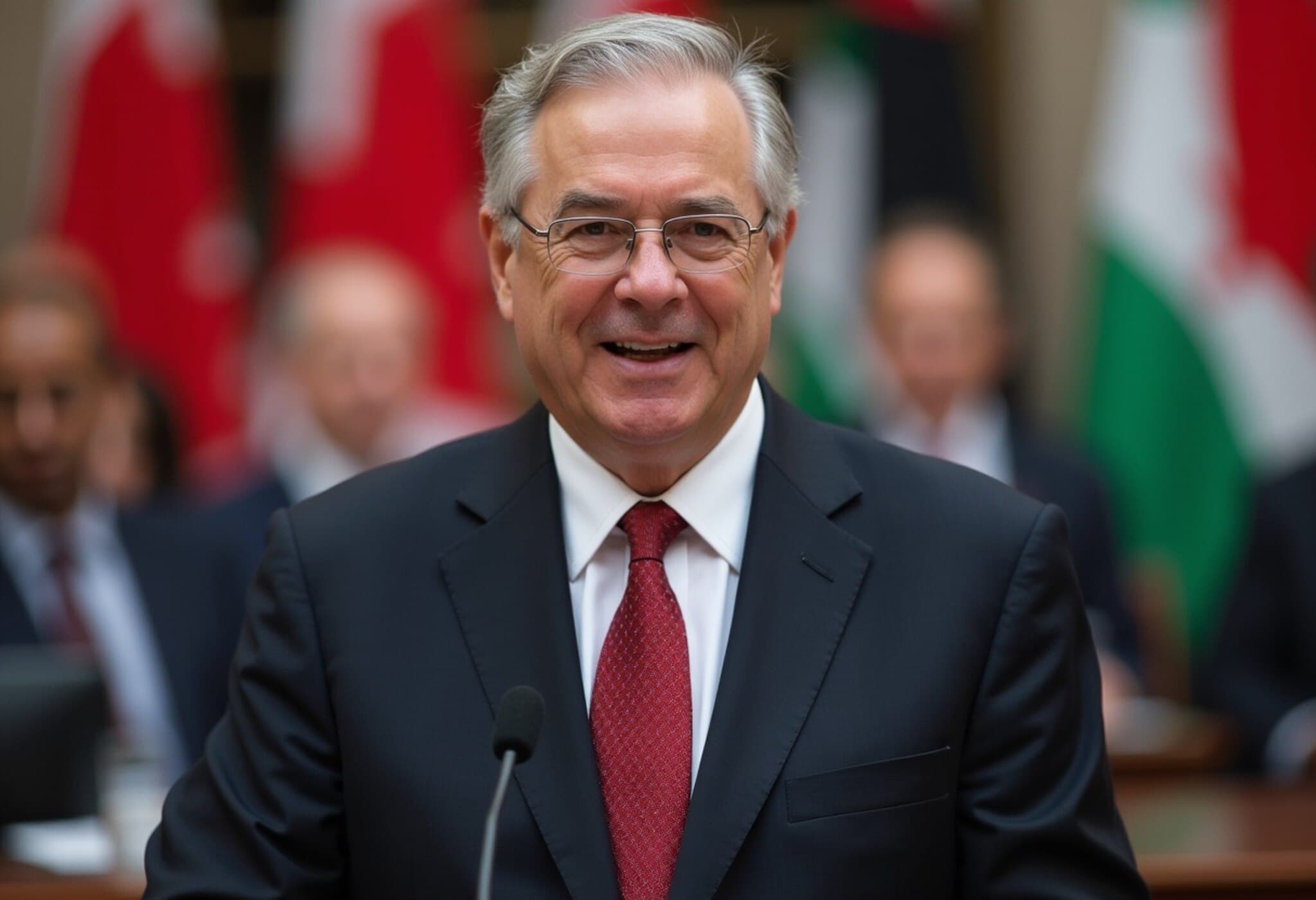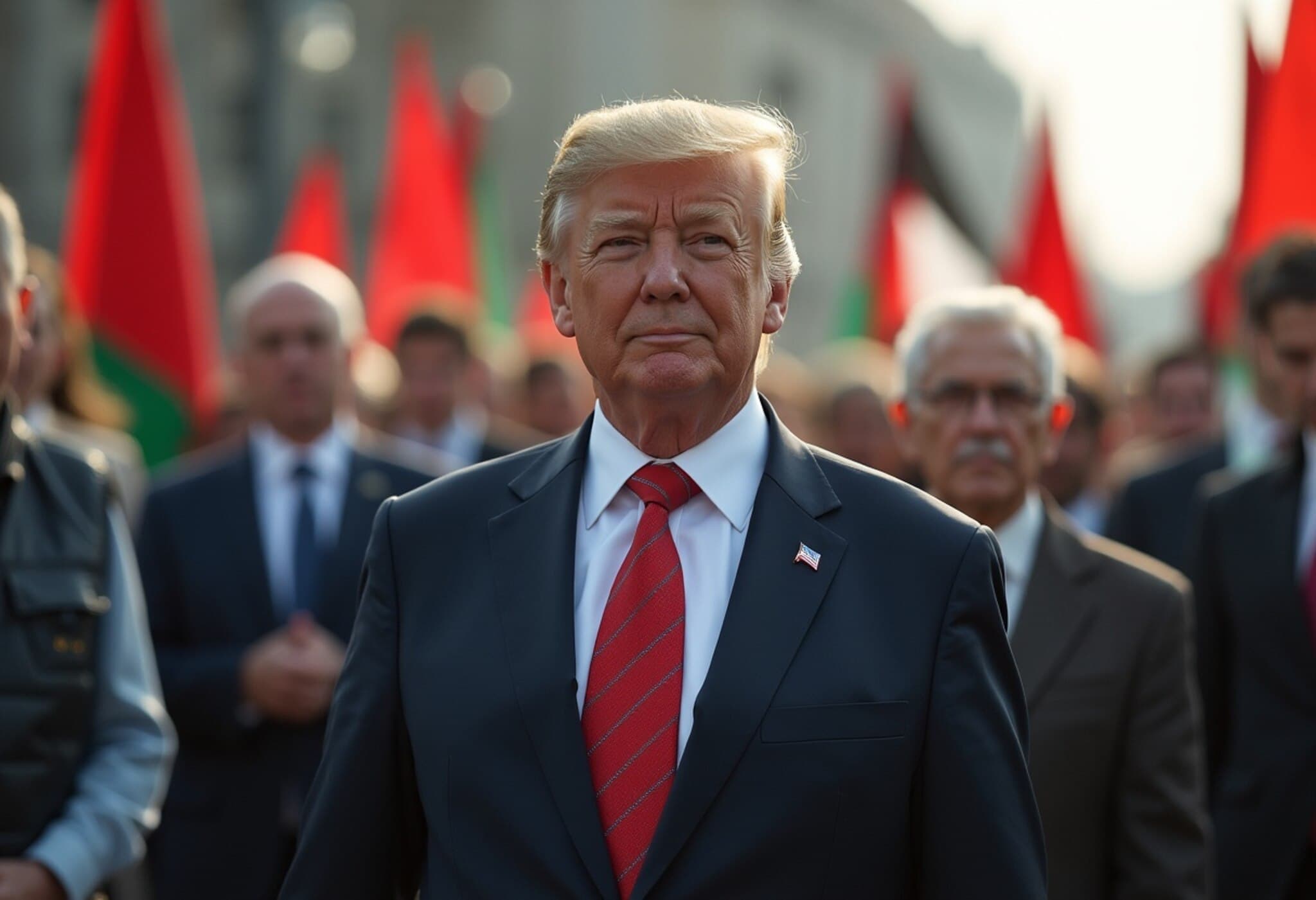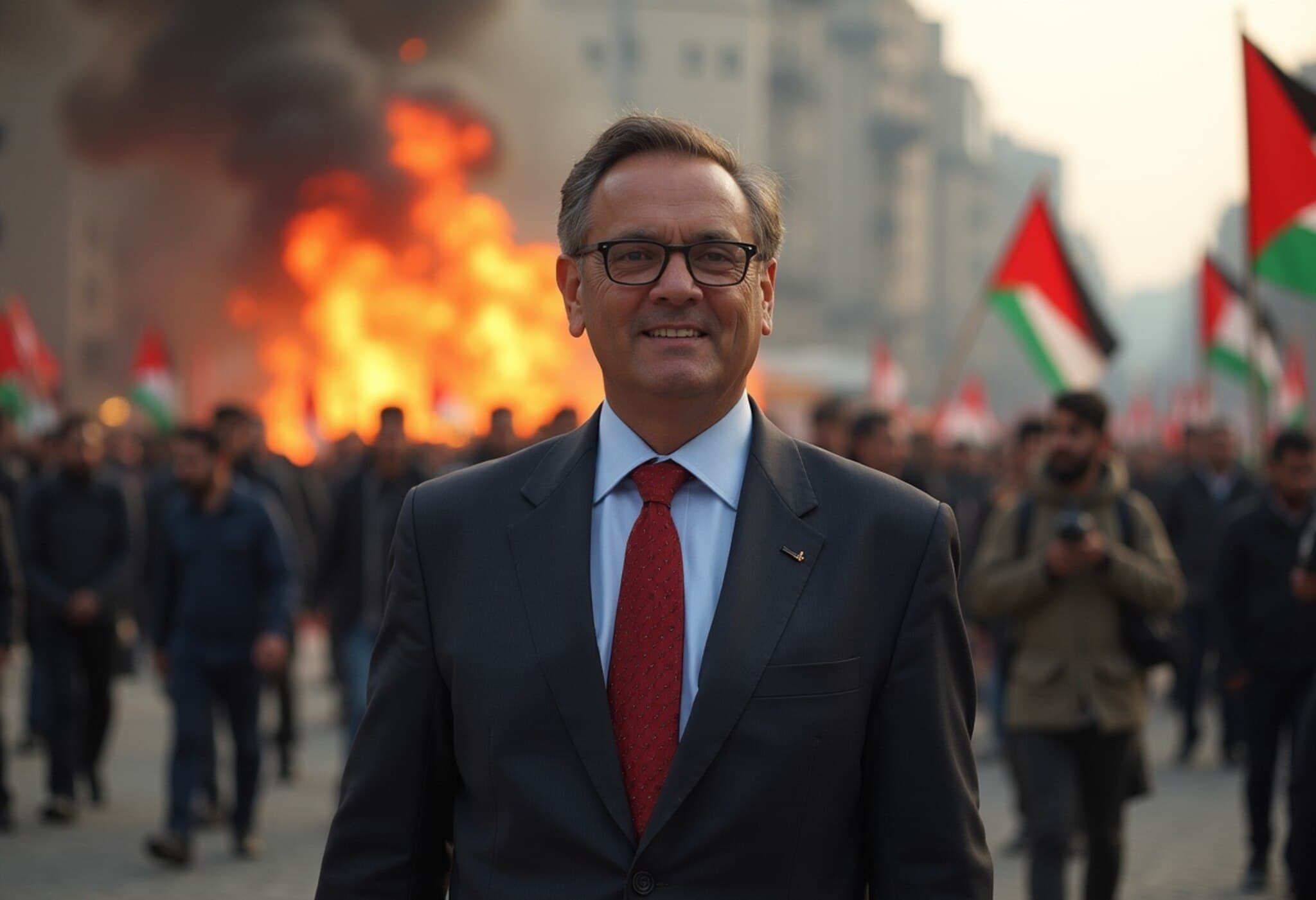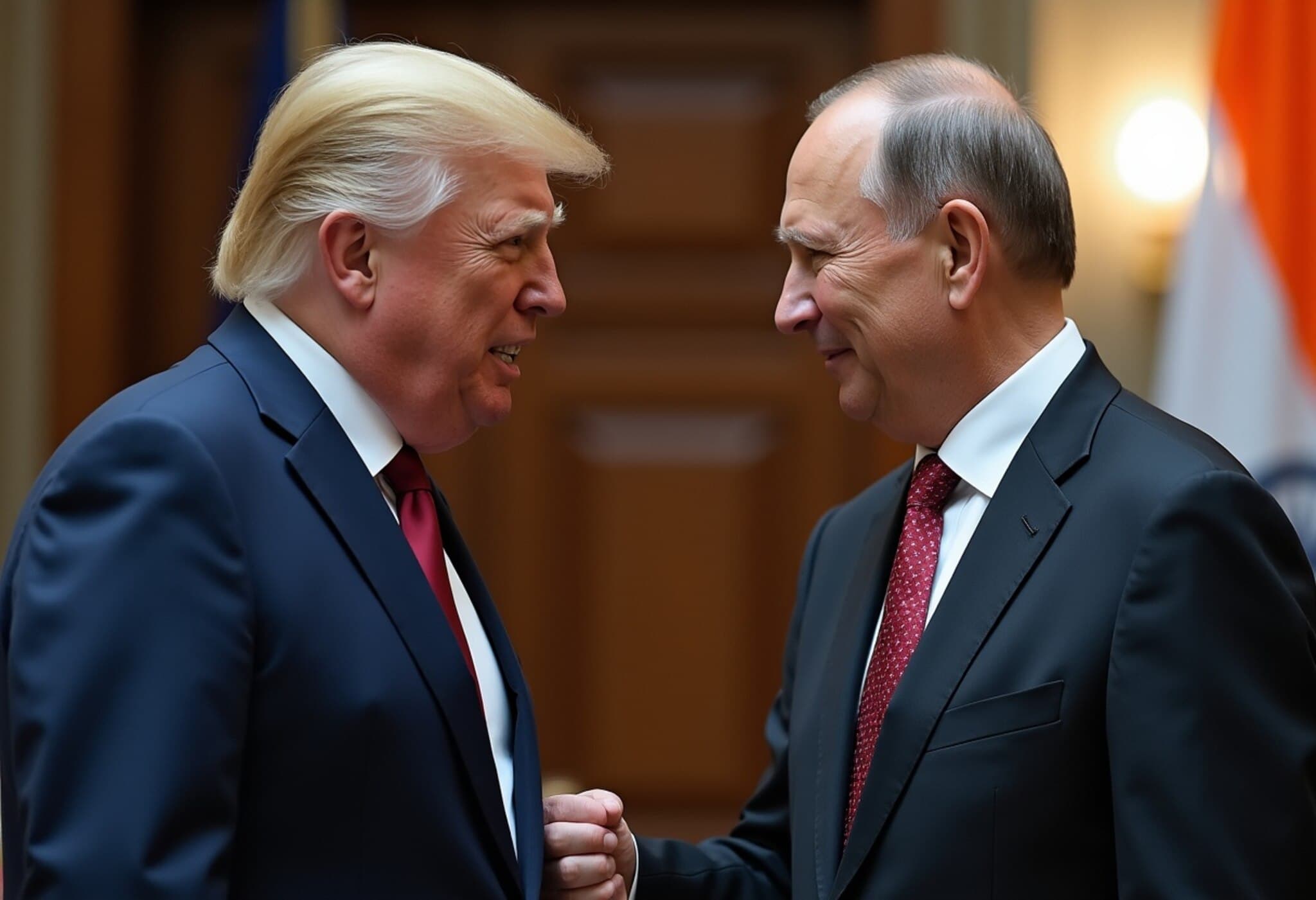Canada Signals Recognition of Palestine Conditional on Reforms
In a significant diplomatic development, Canada announced on Wednesday its preparedness to recognize Palestine as an independent state, contingent upon the Palestinian Authority undertaking essential political reforms, including holding long-overdue elections. Prime Minister Mark Carney conveyed that during a recent phone conversation, Palestinian Authority President Mahmoud Abbas assured him that these reforms would be implemented.
Carney further revealed that Canada aims to formalize its recognition at the upcoming United Nations General Assembly (UNGA) session in September. This move aligns Canada with a growing coalition of nations, including France and the United Kingdom, signaling a pivotal shift among Western powers towards endorsing Palestinian statehood.
A Growing Wave of Recognition: Context and Global Landscape
Canada’s announcement follows similar commitments by France and the UK. France was the forerunner, committing to recognition earlier this month, while the UK tied its recognition to an Israeli cease-fire agreement in Gaza. Together with Canada, these countries—close US allies—are poised to increase Western diplomatic support for Palestine considerably.
Currently, 147 of the 193 UN member states recognize Palestine, with numbers in critical economic and military blocs on the rise:
- G20: 10 of 20 members recognize Palestine; the count will rise to 13 with France, UK, and Canada.
- NATO: 14 out of 32 NATO countries recognize Palestine, including Spain, Ireland, Norway, and Sweden, deepening diplomatic isolation for Israel and its staunchest supporter, the US.
- UN Security Council: France and the UK’s decisions will leave the US as the sole permanent member not recognizing Palestine.
Humanitarian Crisis Fuels Diplomatic Momentum
The backdrop to these diplomatic strides is an escalating humanitarian catastrophe in Gaza, where millions face unprecedented hunger and deprivation. Carney underscored the gravity of the situation, linking the suffering of civilians to the obstacles hindering international aid delivery—particularly Israel’s restrictions on humanitarian organizations.
Health authorities in Gaza report dozens of starvation-related deaths, including among children. The dire conditions have galvanized international calls for urgent coordinated action to safeguard peace and human dignity.
Global Responses: Comparing Positions and Implications
France’s Groundbreaking Commitment
French President Emmanuel Macron announced that France will officially recognize Palestinian statehood in September, becoming the first G7 country to do so. Emphasizing the urgency of ending conflict and restoring humanitarian pathways, Macron called for an immediate ceasefire, hostage releases, and extensive aid to Gaza.
United Kingdom’s Conditional Approach
UK Prime Minister Keir Starmer echoed France’s intentions but conditioned recognition on concrete Israeli steps towards ceasefire, peace, and a viable two-state solution. This stance reflects an attempt to balance diplomatic support for Palestine with strategic negotiations aimed at long-term resolution.
United States Remains a Key Outlier
In stark contrast, the US administration, under President Donald Trump, continues to oppose formal recognition of Palestinian statehood. Trump publicly criticized Canada’s move, warning of trade repercussions and reaffirming the US’s steadfast alliance with Israel. This divergence highlights the complex and often polarized dynamics within Western diplomacy concerning the Israel-Palestine conflict.
India’s Longstanding Position on Palestine
India has historically been a strong supporter of Palestinian self-determination, recognizing the Palestinian state shortly after its 1988 declaration and acknowledging the Palestine Liberation Organization (PLO) as the legitimate representative of the Palestinian people since 1974. India’s position underscores its enduring commitment to balancing Middle Eastern geopolitics with its own strategic interests.
Key Takeaways: Ten Critical Points to Understand the Shift
- Canada’s Policy Shift: Aligns Ottawa with Western nations endorsing Palestine, conditioned on domestic political reforms in Palestinian governance.
- Heightened Humanitarian Urgency: The worsening crisis in Gaza drives international pressure for peace and recognition efforts.
- Broad UN Recognition: Majority of UN members recognize Palestine, signaling robust international support.
- Economic and Military Blocs: Recognition expanding within G20 and NATO, reshaping geopolitical alignments.
- Permanent Security Council Members: US remains the last holdout among permanent Security Council members.
- France’s Historic Recognition: First G7 nation to commit to formal recognition.
- UK’s Conditional Recognition: Linked to ceasefire and peace progress.
- US Opposition: Maintains firm alliance with Israel; warns of trade conflicts over recognition moves.
- India’s Early Endorsement: Highlights its diplomatic consistency on the Palestinian issue.
- Future Prospects: The upcoming UNGA session will be a pivotal moment for international diplomacy on Palestine.
Expert Perspective
From a policy analyst's viewpoint, this wave of recognition is more than symbolic; it reflects a growing frustration among Western democracies regarding the stagnation of Israeli-Palestinian peace talks and the humanitarian fallout. Canada’s insistence on political reforms within the Palestinian Authority adds a crucial dimension, emphasizing responsible governance as a precondition for statehood recognition—an approach likely intended to maintain diplomatic credibility and address concerns about political fragmentation.
Moreover, with traditional US dominance in Middle Eastern diplomacy encountering fresh challenges, these developments could recalibrate alliances and strategies, nudging the international community closer to revisiting a durable two-state framework or alternative conflict resolution pathways.
Looking Ahead: What to Watch
- The United Nations General Assembly's September session will be a fulcrum for formal recognitions and diplomatic declarations.
- Israel’s response to increasing international pressure and humanitarian calls will shape conflict dynamics.
- US domestic politics and foreign policy direction remain critical variables influencing diplomatic outcomes.
- The implementation of Palestinian political reforms will be scrutinized closely by allies and adversaries alike.
Editor’s Note
Canada’s conditional recognition of Palestine, following France and the UK, marks a notable shift in Western diplomacy. While it offers hope for renewed international momentum towards resolving one of the world’s longest-standing conflicts, it also raises pressing questions: Can political reforms within the Palestinian Authority be genuinely realized amid ongoing conflict? How might the US’s opposition impact the unity of Western diplomatic efforts? And importantly, will this cascade of recognition galvanize meaningful peace negotiations, or deepen geopolitical divides? Readers are encouraged to consider these multifaceted implications as the story unfolds on the global stage.

